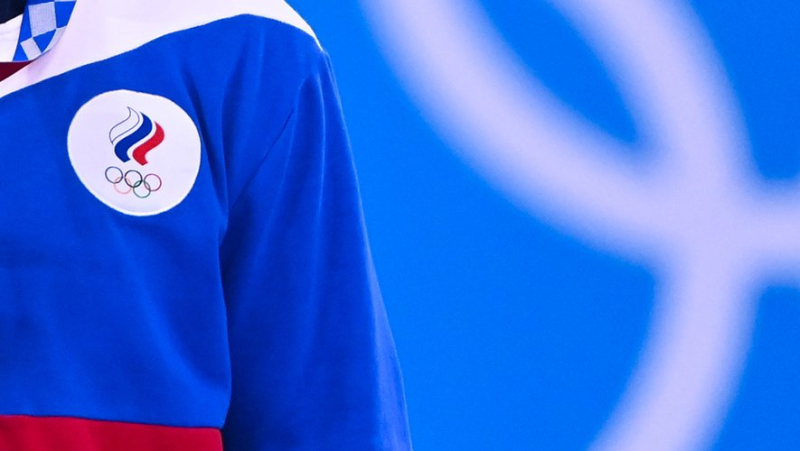“Cynical attempt” and call for boycott: the IOC toughens its tone against Russia’s “Friendship Games”

La première édition des Jeux de l'émitié doit se tenir en septembre 2024. dpa – Marijan Murat
Politicized sport, non-compliance with anti-doping rules: the International Olympic Committee attacked, Tuesday March 19, the future ’Friendship Games" that Russia is preparing to organize.
The International Olympic Committee toughened its tone on Tuesday towards Russia, accused of "politicizing sport" by launching its "Friendship games" next September, a new competition competing with the Olympics which also plans a winter edition.
The organization based in Lausanne, which authorizes the presence of Russian athletes at the next 2024 Paris Olympics only under a neutral banner and on the condition that they have not supported the Russian invasion of Ukraine, calls on the sporting world and the governments invited by Moscow "to reject any participation and support" in this event, she said in a statement.
Announced several months ago, the first edition of the "Summer Friendship Games" should "a priori be held in Moscow and Yekaterinburg"next September, reminds the IOC, while the ’Winter Friendship Games" are planned for 2026 in Sochi, which hosted the 2014 Olympics. These two initiatives are in addition to the Future Games organized in Kazan from February 21 to March 3, mixing traditional disciplines and esports, and the "BRICS Games" (acronym for emerging powers around Brazil, Russia, India, China and South Africa in particular) scheduled in the same city from June 12 to 23, and which must welcome "athletes from more than 50 countries", according to Russian authorities.
"Cynicism" Russian
The IOC does not blame the Russians for creating multi-sport competitions outside its aegis – since there already exist several, including the Commonwealth Games or the Francophonie Games –, but to do it via "a very sustained diplomatic offensive" , through direct contacts with "governments around the world".
"In order to make their purely political motivation even more obvious, the latter deliberately bypass the sports organizations of their target countries", underlines the body, which sees it as a "cynical attempt" to exploit athletes "for political propaganda purposes", in violation of the Olympic Charter.
Furthermore, the IOC accuses Moscow of a total lack of respect for global anti-doping standards and the integrity of competitions", recalling the concerns expressed by the World Anti-Doping Agency (WADA) about the Friendship Games, an event lacking an anti-doping program whose seriousness the Montreal organization could have attested to. However, Russia remains at the heart of the biggest institutionalized cheating in recent sporting history, which culminated during the 2014 Olympic Games in Sochi and resulted in the country seeing its anthem and official colors banned from the Tokyo Olympic Games in 2021 then the Beijing Winter Games in 2022.
Macron wants a truce
The IOC and Moscow have maintained frosty relations for years, accusing each other of exploiting sport for political ends, and the particularly dry declaration adopted Tuesday in Lausanne rules out the prospect of ;rsquo;a short-term rapprochement.
However, the Russian government seemed to adopt a more conciliatory tone last Wednesday, with Sports Minister Oleg Matytsin believing that it was not necessary "boycott" the Paris Games this summer, preferring "preserve the possibility of dialogue and participation in competitions".
But the IOC refrained from commenting on Matytsin's remarks and his boss, Thomas Bach, interviewed on Saturday, had on the contrary noted “statements which are becoming more and more aggressive on the part of Russia".
For his part, French President Emmanuel Macron indicated on Sunday to the Ukrainian channel 1+1 that a ceasefire in Ukraine "will be requested" to Russia on the occasion of the 2024 Olympic Games, in application of the Olympic truce adopted at the end of last November by the United Nations General Assembly after heated debates. The Russian representative to the UN notably considered that the IOC's choice to deprive Russian athletes of their official colors was "a politicized, discriminatory and hypocritical decision".
The IOC Executive Board, which meets Tuesday and Wednesday in Lausanne, must still decide whether it will let the Russians and Belarusians under neutral banners parade during the opening ceremony of the Games, on the 26th. ;nbsp;next July on the Seine.




